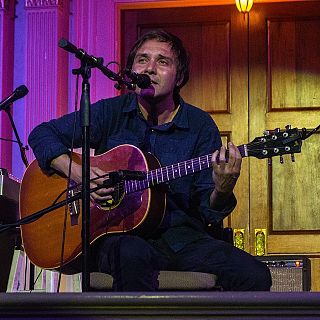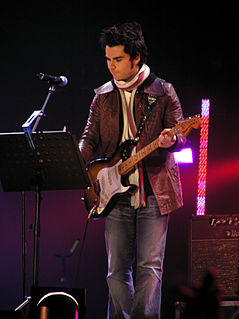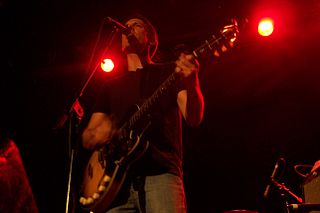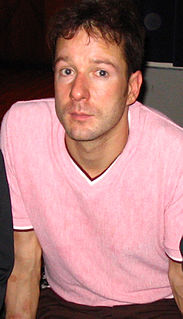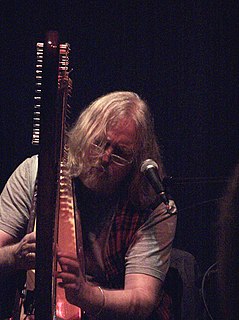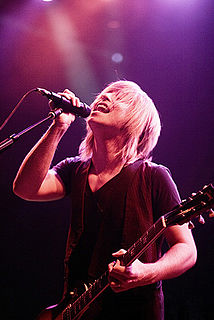A Quote by Daniel Rossen
I enjoy making music alone, and I like keeping my options open for how I release my own songs. But everybody in Grizzly Bear is full of ideas. So it's kind of boring to come to the band with a complete song and be like: "Here's what I want you to do." With this record, we wanted to make everything feel like everyone - music that we could never do on our own. That's a real gift, and it's one of the best things about being in a band like this.
Related Quotes
The thing that will never go away is that connection you make with a band or a song where you're moved by the fact that it's real people making music. You make that human connection with a song like 'Let It Be' or 'Long and Winding Road' or a song like 'Bohemian Rhapsody' or 'Roxanne,' any of those songs. They sound like people making music.
I do not want and will not take a royalty on any record I record. I think paying a royalty to a producer or engineer is ethically indefensible. The band write the songs. The band play the music. It's the band's fans who buy the records. The band is responsible for whether it's a great record or a horrible record. Royalties belong to the band. I would like to be paid like a plumber. I do the job and you pay me what it's worth.
At 13 years old, I realized I could start my own band. I could write my own song, I could record my own record. I could start my own label. I could release my own record. I could book my own shows. I could write and publish my own fanzine. I could silk-screen my own T-shirt. I could do this all myself.
I think for us, we don't feel like the future of music is in the act of being a record company. We feel like the future of the music business is in empowering artists to have better and better tools to communicate with their fans. We want to be people who are saying to artists, "Look, you don't need that company over there to release your album. You can do it this way." Almost more of a band partnership than a label-artist relationship. Not about ownership of content, but about empowerment.
Our band Stereophonics never wanted to release a couple records and be the biggest band in the world for 10 minutes. We always wanted to stand the test of time, and make great music that people would want to listen to and that music lasts. We'd looked up to artists and bands that had big back catalogues.
I enjoy writing songs that could have been written before [my time]. When I feel like I'm tapping into a deep vein in the body of American music, it gives me strength as a writer, like I'm dipping my pen into a deep ink well. That's the folk music tradition. Like Pete Seeger said, 'Everyone's a link in the chain.' It's a strong chain, so rely on it. ... I believe it takes all those great songs in the past to make your song even a little bit good.
The nature of music fandom and music fans is that, very often, they fall in love with a band or a particular artist, and they really would like... I'm talking generally; that's not everyone. But a vast majority of the fan base would prefer the band to keep making the same record and the same style of music over and over again.
I always try to write a song, I never just want to write a record. Originally I was not writing songs for myself. ....And I can say this, most of the people who have recorded my songs are songwriters themselves. ... Even if I don't release it myself, somebody else might hear it and want to record it. When you write a song, it gives it that potential. When you write a song, a song has longevity. ... So I wanted to sing inspirational music, and that's exactly how I approached it-only the words have been changed to declare my relationship with God. Songwriting is my gift from God.
